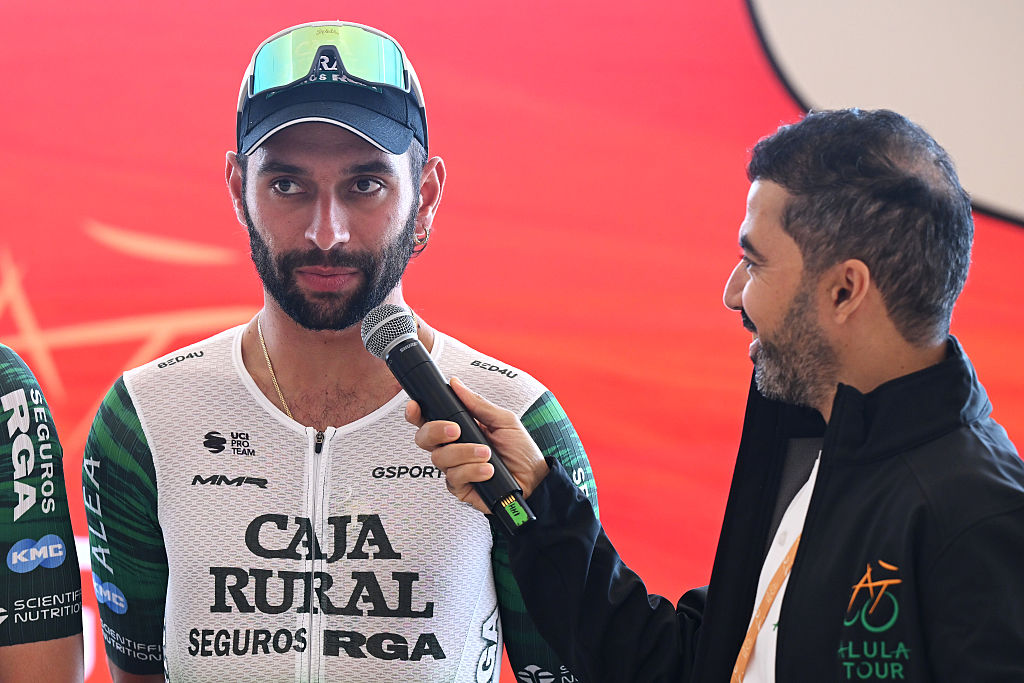Contador-backed Polartec-Kometa team about more than wins
Continental squad focused on development and personal growth
The latest race content, interviews, features, reviews and expert buying guides, direct to your inbox!
You are now subscribed
Your newsletter sign-up was successful
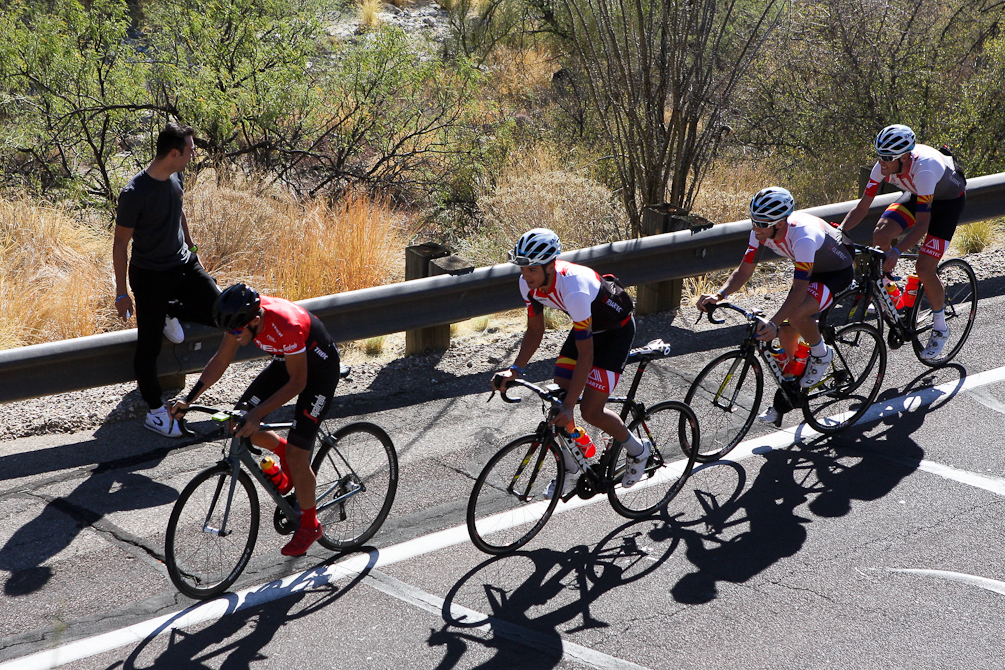
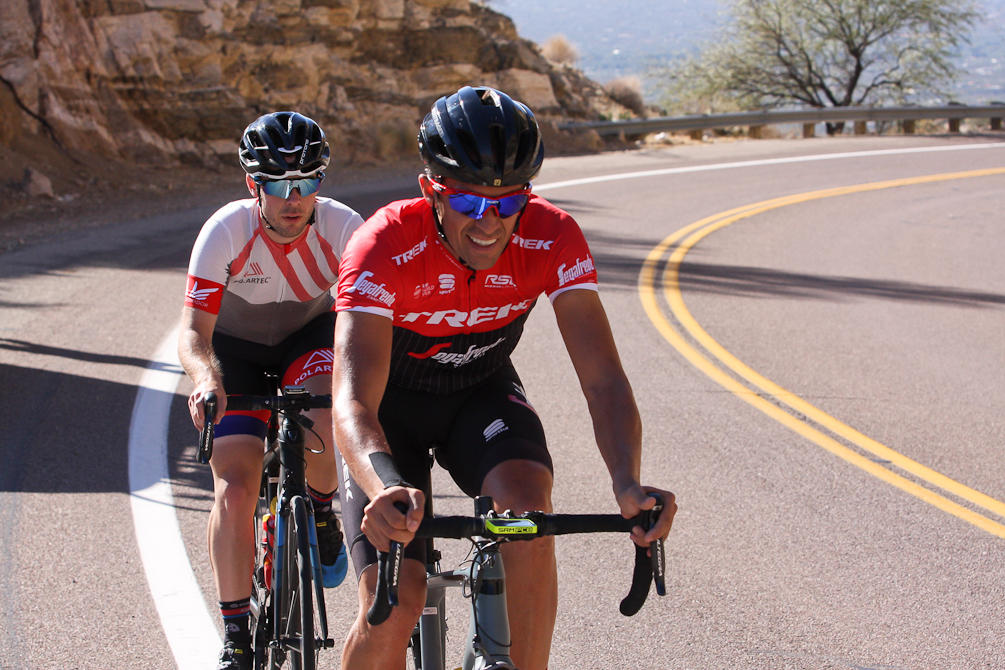
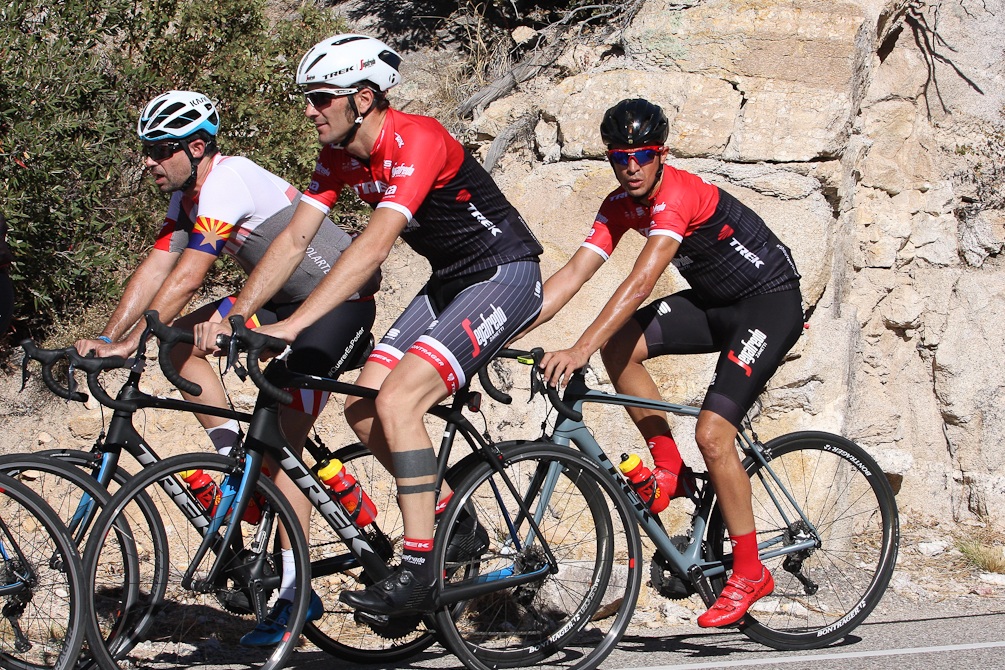
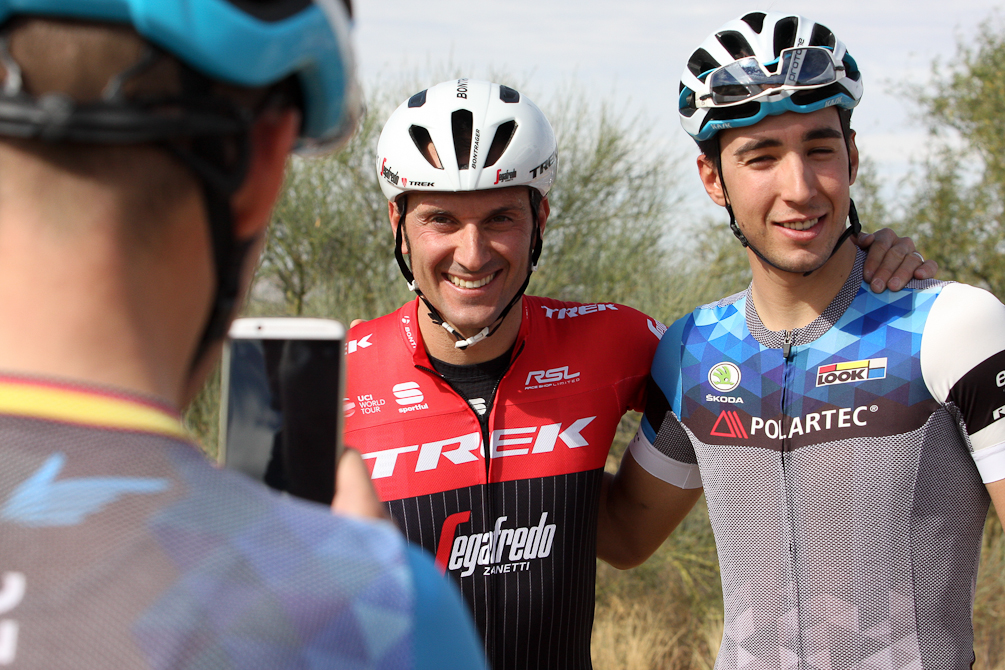
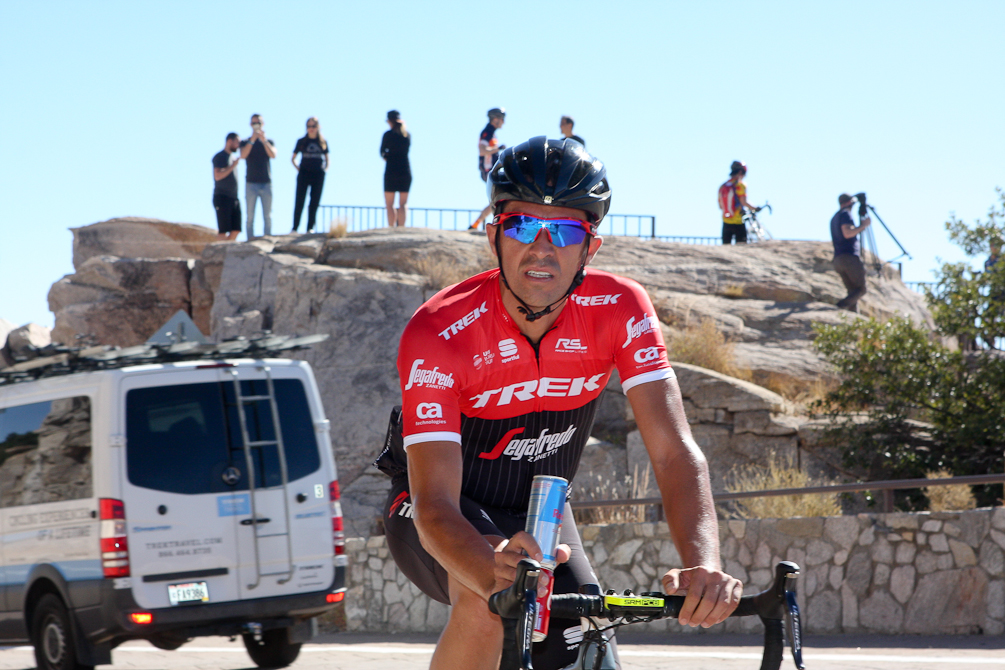
The mission for the new Polartec-Kometa Continental team, backed by the Alberto Contador Foundation and managed by Ivan Basso, goes beyond simply trying to put notches in the win column.
Contador, Basso and Polartec CEO Gary Smith said recently at a training camp in Arizona that developing well-prepared professional riders and helping them grow as people are the main goals next year during the inaugural season.
The Alberto Contador Foundation initially entered competitive cycling in 2013 with the junior team and then added a U23 team and the Éboli Cycling School in Pinto the next year.
Specialized sponsored the U23 team in the first two years before RH+ and Polartec signed on as title sponsors in 2016. Polartec took over as the lone title sponsor of the U23 team this year and signed up with Kometa as title sponsors of the Continental team for three years, starting in 2018.
"I think last year was a very good year for us," Contador said when asked to assess his foundation's teams over the past two years. "I am very happy for sure, and now we have riders who can maybe win more races, but the object of the team is not to win 30 races a year. It is to make good professionals. For us it's important to pass on a good work ethic for when they pass on to professional."
Basso agreed.
"We have a small-child school, a junior cadette, amateur, and this," he said of the Continental team at the top of the foundation's list of programs. "It's a global project, and all the riders have the quality to be professionals. We don't work only to bring future champions. We work always to bring better men in the future."
The latest race content, interviews, features, reviews and expert buying guides, direct to your inbox!
Basso and Contador formed a friendship while they were both riding for Tinkoff in 2015, although Basso's time with the team was short - his last race was the 2015 Tour de France, where he failed to start stage 10 the day after helping Tinkoff to fourth place in the team time trial.
The two struck up a friendship based on respect as competitors and personalities. The new friends quickly decided they wanted to work together after cycling, and so their partnership at the Alberto Contador Fundation was formed.
"For my part, from the first moment on from before we were on the same team, the relationship was always big respect for each other," Contador said.
"When we were on the same team it was very good. Then we did our program for the year and we did the same races and the same training camps, and we stayed a lot of places together," he said. "It was important, that feeling, and also to look at the people around you giving 100 per cent. He is 100 per cent and I am 100 per cent, and we had a good motivation to do something together. This is an opportunity that we cannot lose."
Basso continued to work with Trek-Segafredo after he retired and, with the WorldTour team also taking Polartec-Kometa under the team banner as a feeder program, Basso's move to the team was a natural progression.
"We never had a big fight in a race, because when he was in good shape I was not racing because of the two-year sanction, and when I come back to do the Giro and the Tour, we never had a big, big fight," Basso said.
"In the last part of my career I wanted to ride for a big champion, and nothing is better than Alberto to finish my career. What I learned in that one half-year is more than everybody sees – he is a big man, not only a big rider."
The foundation started working with Polartec in 2015, and Kometa came on this year. Gary Smith, the Polartec CEO, said the textile manufacturer was not looking to sponsor a cycling team, but the relationship evolved organically and the sponsorship made sense in the long run.
"Part of that was just getting to know folks and feeling comfortable with them," Smith said. "I think we talked a lot about values. These guys talk about it and Fran [Contador's brother] talks about it. I think it just comes down to chemistry. Do you like the people you're being associated with, and how do you take that to the next step?
"This wasn't a very planned, specific thing on the part of Polartec or myself," Smith added. "It was just an opportunity that organically presented itself over a window of time, and here we are today. I think in life sometimes those are the best things."
Now, with the team in place under the wings of the foundation, Contador says his role will be somewhat limited.
"I don't want to be a sport director," he said. "Now that the team is with the Contador Foundation and I am the president of the foundation, I will give my time to the foundation – sometimes for the team and sometimes for my cause with the brain stroke, which is important to me.
"I will be at some of the races, and I will be at some of the training camps with some of the sponsors. Finally, I think the good thing of this project is that we're all going in the same direction: to give back to cycling for all that cycling has given to us."
Growing up in Missoula, Montana, Pat competed in his first bike race in 1985 at Flathead Lake. He studied English and journalism at the University of Oregon and has covered North American cycling extensively since 2009, as well as racing and teams in Europe and South America. Pat currently lives in the US outside of Portland, Oregon, with his imaginary dog Rusty.
